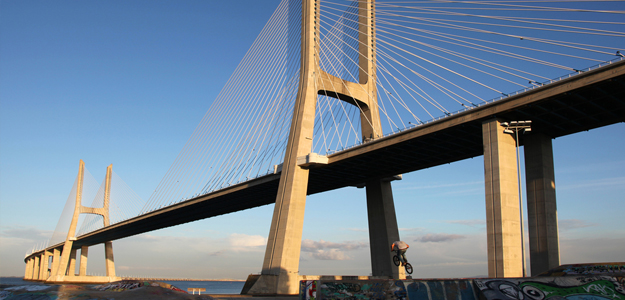People involved
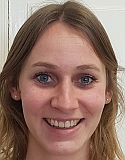
Marlies Barendrecht
Socio-hydrological modelling of the human-flood system

Christian Gasser
Life cycle reliability of civil stuctures under uncertain loadings

Michael Hofstätter
Atmospheric cyclones and extreme precipitation under climate change

Klaus Haslinger
Drought forcings across scales

Magdalena Rogger
Extreme flood estimation in Alpine catchments

Jose-Luis Salinas
A fuzzy approach to flood estimation
Selected publications
Blöschl, G,, Hall, J., Parajka, J., Perdigão, R. A. P., Merz, B., Arheimer, B., Aronica, G. T., Bilibashi, A., Bonacci, O., Borga, M., Canjevac, I., Castellarin, A., Chirico, G. B., Claps, P., Fiala, K., Frolova, N., Gorbachova, L., Gül, A., Hannaford, J., Harrigan, S., Kireeva, M., Kiss, A., Kjeldsen, T. R., Kohnová, S., Koskela, J. J., Ledvinka, O., Macdonald, N., Mavrova-Guirguinova, M., Mediero, L., Merz, R., Molnar, P., Montanari, A., Murphy, C., Osuch, M., Ovcharuk, V., Radevski, I., Rogger, M., Salinas, J. L. Sauquet, E., Šraj, M., Szolgay, J., Viglione, A., Volpi, E., Wilson, D., Zaimi, K. and Živkovic, N. (2017) Changing climate shifts timing of European floods. Science, 357, (6351), 588-590
Rogger, M., Chirico, G. B., Hausmann, H., Krainer, K., Brückl, E., Stadler, P. and Blöschl, G. (2017) Impact of mountain permafrost on flow path and runoff response in a high alpine catchment. Water Resources Research, 53 (2), 1288-1308.
Salinas, J. L., Kiss, A., Viglione, A., Viertl, R. and Blöschl, G. (2016) A fuzzy Bayesian approach to flood frequency estimation with imprecise historical information. Water Resources Research, 52 (9), 6730-6750.
Research supervisors
Collaborators
Dr. Wolfgang Schöner, Central Institute for Meteorology and Geodynamics (ZAMG), Austria
Prof. George Deodatis, Columbia University, USA
Prof. Jan Szolgay, Slovak University of Technology, Slovakia
Prof. Alberto Montanari, University of Bologna, Italy
Prof. Bruno Merz, GFZ German Research Centre for Geosciences, Germany
Research › Risk and water resources
Risks are all around us and understanding them is essential for managing them. Extreme events such as floods and earthquakes can present catastrophic risks to water systems and engineered structures.
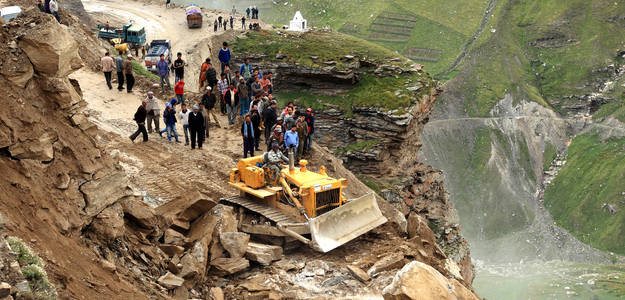
The risk cluster group cuts across traditional research disciplines to explore risk in climatic, hydrological and engineering settings. The diversity of disciplines creates a stimulating environment where discussion opens up multiple ways of understanding and exploring risk.
Climate related risks
Michael Hofstätter, a meteorologist, is researching whether extreme rainfall events are changing as a response to climate change. He is looking at synoptic climate systems which bring warm moist air up from the Mediterranean to central Europe. Through storm classification and analysis he is aiming to identify how weather systems have changed in the past, and whether they might increase or decrease in the future. This research contributes to generating more reliable flood prediction models under changing conditions.
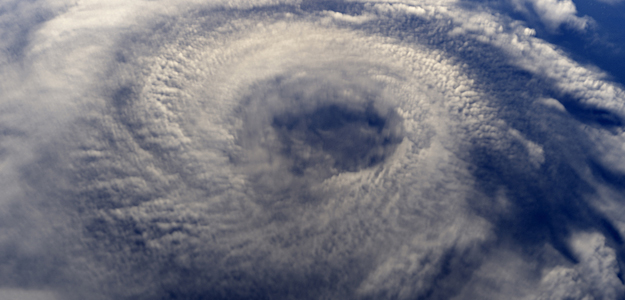
A puzzling phenomenon for risk researchers is why floods and droughts occur in groups rather than randomly. Elena Szolgayova is analysing this behaviour with new statistical methods and modelling it with regime switching models. In a regional analysis of Europe she identified that snow and snow melt are one of the factors controlling the degree of clustering. This research is critical for assessing the uncertainty of climate change predictions from a risk perspective.
Flood processes are examined in more detail by Magdalena Rogger. She has devised a method for catchment classification which categorises runoff according to mechanisms such as fast surface and slow subsurface flow. Using this information, she developed a process based model of flood probabilities. A surprising finding of the work was that extreme floods can be much bigger than predicted by traditional statistical methods (see Research highlight). Her latest work is exploring the effect of permafrost melting (a highly relevant issue with regards to global climate change) on hydrology.
Process understanding is at the heart of risk research in the Water and Health cluster. Margaret Stevenson and Julia Derx are exploring mechanisms of virus and pathogen movement between surface water and aquifers. While risk concepts in health differ somewhat to those of floods, awareness to the differences broadens research perspectives.
Engineering design
The relationships between extreme events and structures are explored by Jose Salinas and Jan Podrouzek. Jose Salinas and co-workers are developing a new framework that combines a diverse set of information (rainfall, runoff, geology and information from other catchments) to more accurately estimate flood probabilities. Jose is now combining Bayesian theory with fuzzy sets to include narrative information (such as historical archival records) into the flood estimation. This method enables better assessment of the uncertainties that exist when predicting the impact of flood loading on structures.
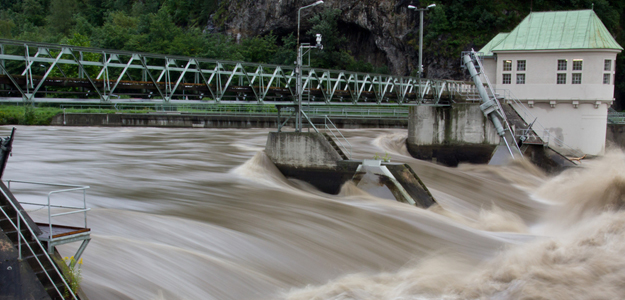
For structural design it is not only necessary to satisfy safety requirements but also minimise costs which include potential future failure. Models become more complex and it becomes imperative to improve computational efficiency. Jan Podrouzek is addressing this issue by assembling a novel “tool chain” for probabilistic design that uses non-traditional methods such as image pattern recognition. His work captures phenomenon utilises a bottom up approach, whereby phenomena are captured at the small scale and this understanding is used to build up a full picture of the structural system that is computationally efficient.
